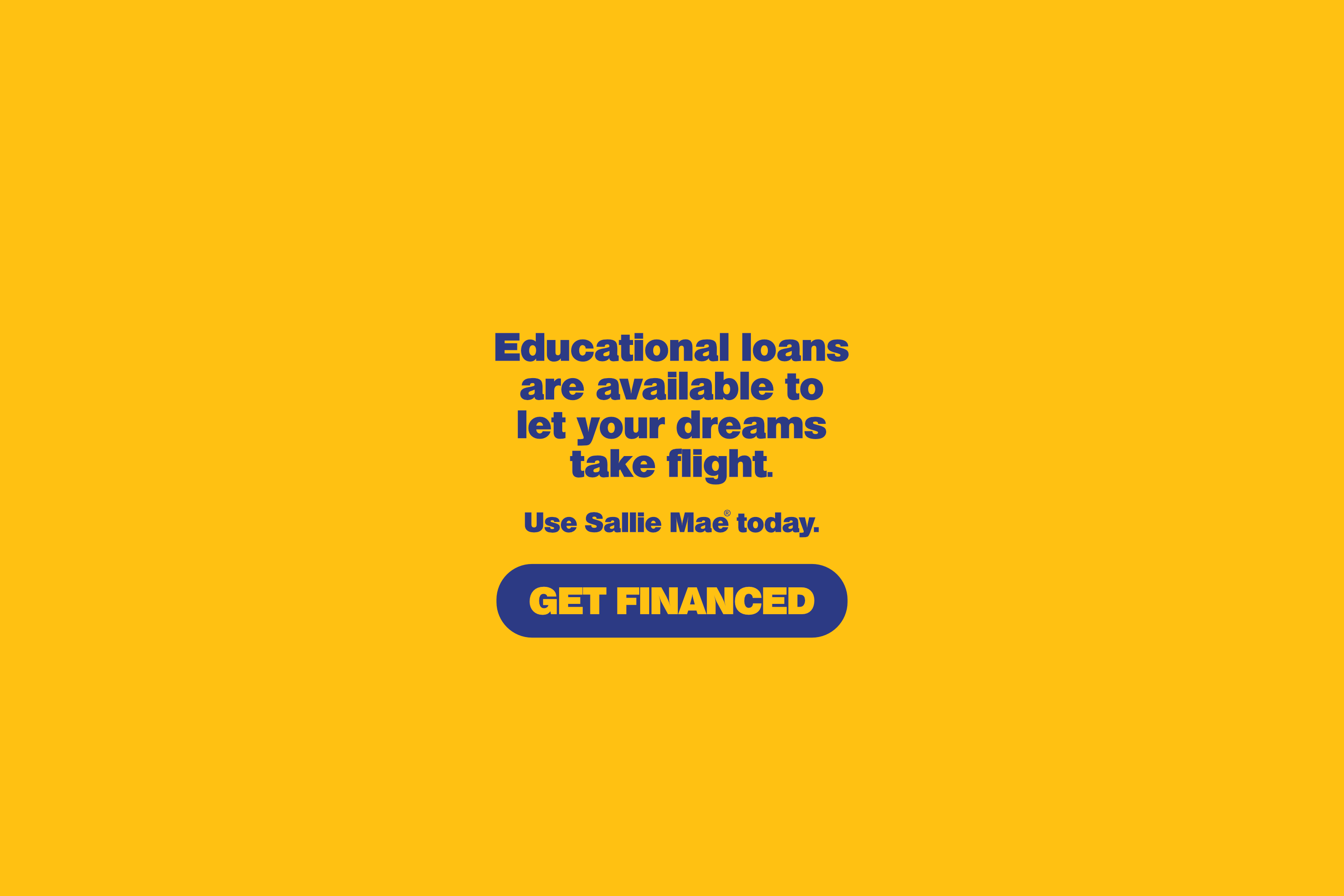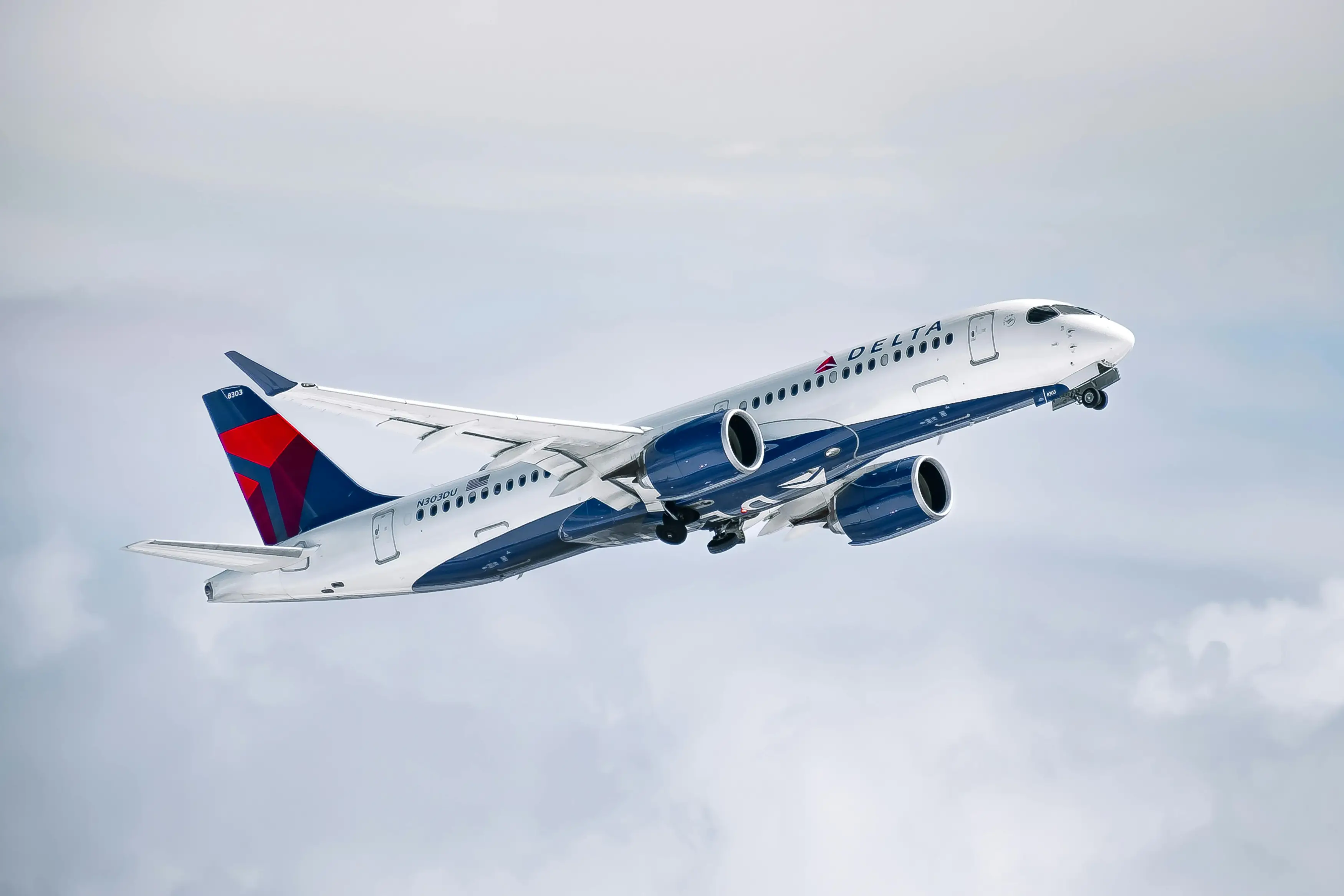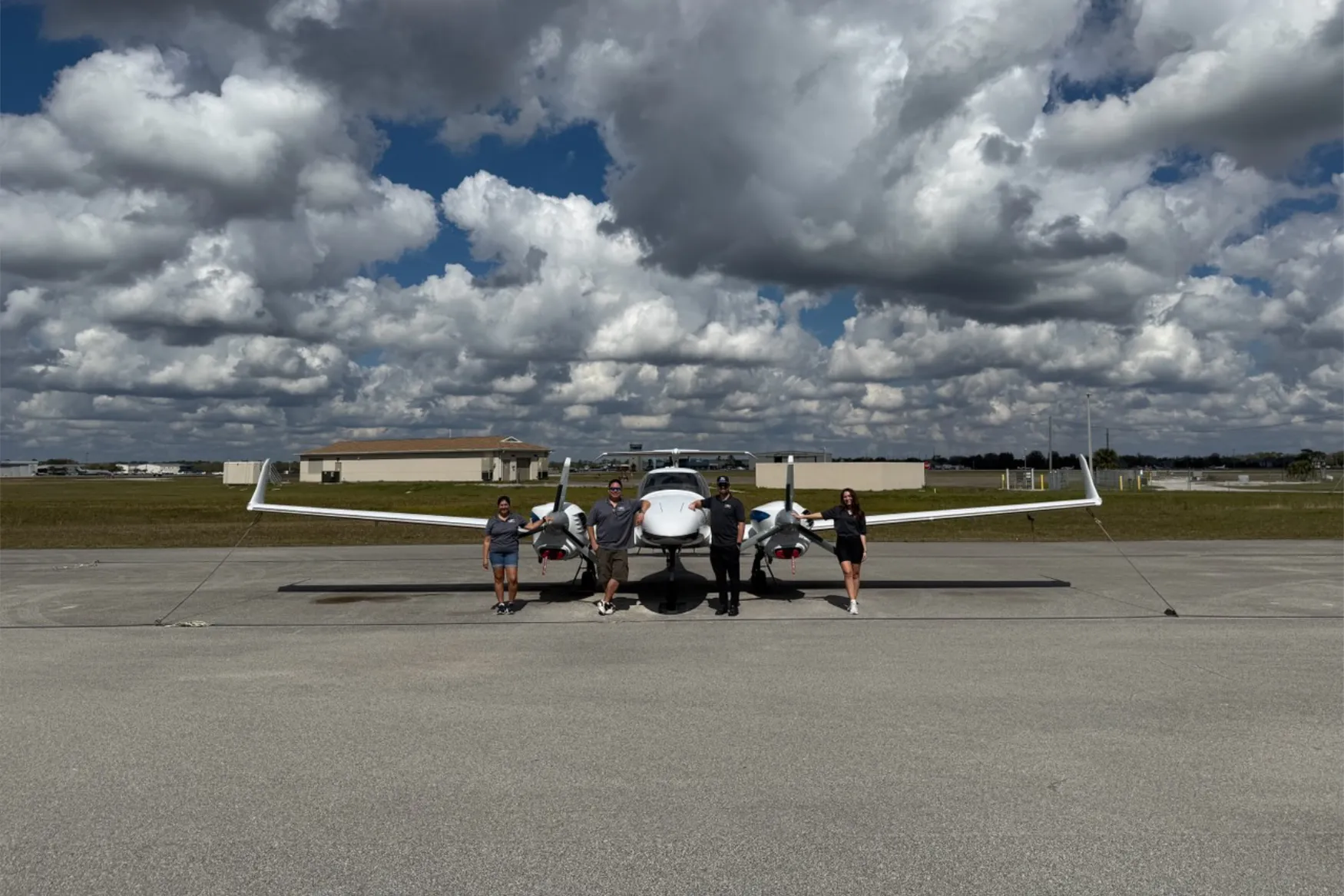Delta Propel Program
BECOME A COMMERCIAL AIRLINE PILOT
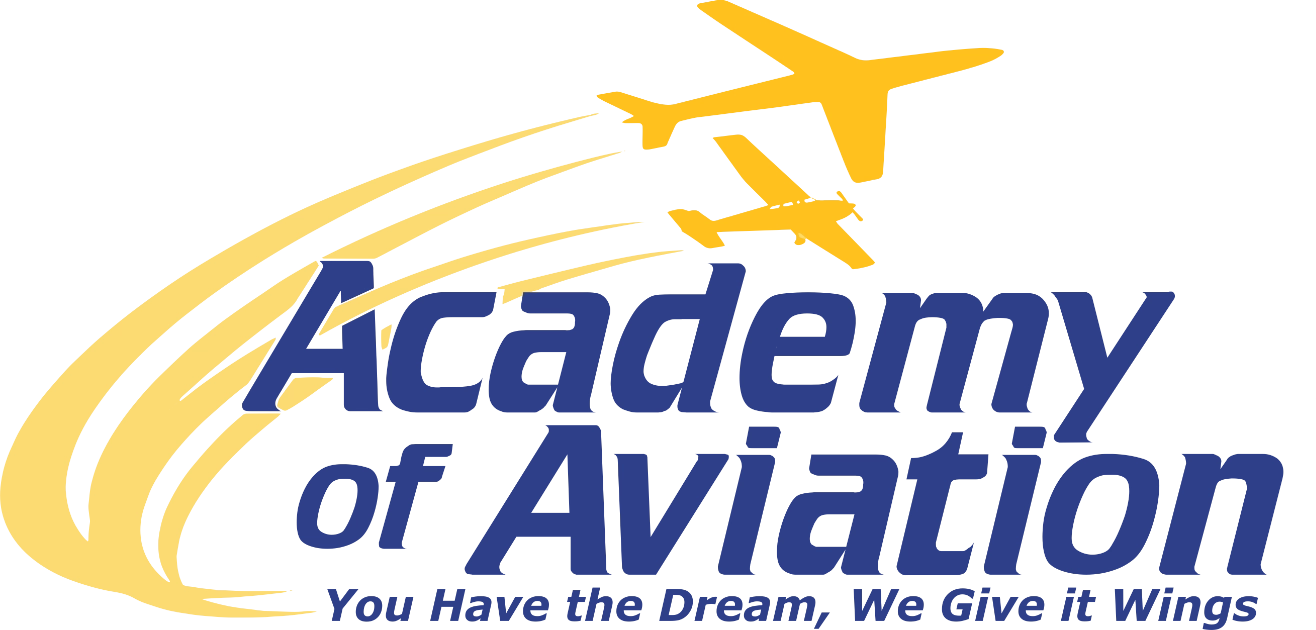
Empowering Pilots Through Training, Mentorship, and Community
Airline Hiring
Partnerships
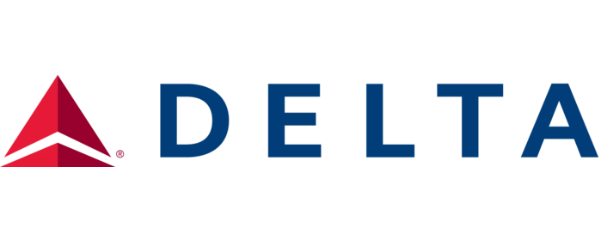
The Delta Propel program offers Academy
of Aviation students who become flight instructors a clear route to flow directly to
Delta
Air Lines after serving with Endeavor Air.

The Republic Airways
RJet Cadet Program
empowers Academy of Aviation pilots to launch and advance their careers with Delta
Air
Lines, United Airlines®, and American Airlines.
Enroll
Now
Finance Your
Flight Training

Offering the Sallie Mae Smart Option
Student Loan® for our Career Pilot programs. Free Discovery Flight with your
financing
approval.
Get Financed
Veterans Benefits
and GI Bill®

Maximize your VA
benefits for vocational flight training at our campuses in Farmingdale, NY; White
Plains, NY; and Kissimmee, FL.
Enroll Now
FEATURED PROGRAMS
Check out some of our top programs - built to get you flying fast and set you on a clear path to your aviation goals.
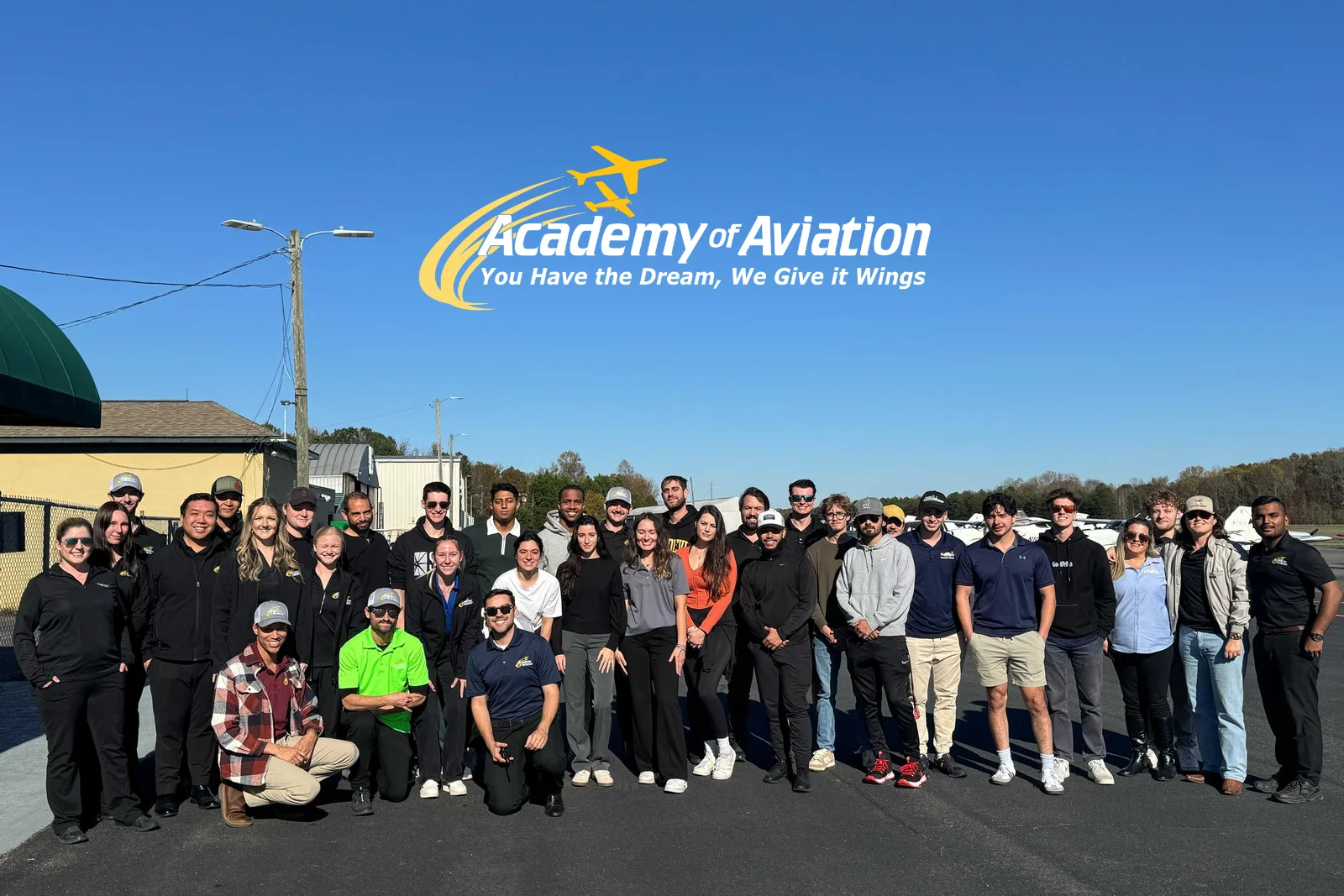
What Our Students Say
Andruw
Academy of Aviation has treated me very well, with lots of opportunities and professionalism.
Sam
AOA has been absolutely amazing to me, everyone is very friendly and the structured program is very good for brand new pilots.
EXPLORE THE ACADEMY
Founded in 1998 by a passionate freelance instructor who believed in putting
students first - even driving them to and from lessons - the Academy of Aviation
was
built on heart, hustle, and a deep love for flight. What began as a one-man
operation quickly grew into a full-fledged school, rooted in personal attention,
innovation, and a mission to make aviation accessible to all.
Over the years, we've expanded with purpose - from FAA Part 141 certification
and
veteran training approvals, to strategic campuses across New York, North
Carolina, Georgia,
and
Florida. We've weathered industry challenges and even helped manage and revitalize airports - all
while
staying true to our core values.
We became the first vocational flight school licensed by New York State, took
bold
steps during the pandemic to serve resilient aviation communities, and continue
leading the way with national and international accreditations. Every move we
make
is driven by one goal: student success.
Now as we look forward, we're reimagining flight training with immersive
experiences like our Atlanta-based Multi-Academy and Kissimmee's Instructor
Academy.
At Academy of Aviation, you're not just earning your wings - you're joining a
legacy
of excellence and a future built on community.
Airline Partnerships
with direct paths to the
majors. Recognized by leading airlines for guiding you from student pilot to a
fully prepared career pilot.
Six different Part 141 Certified campus
locations along the East Coast of the United
States. Part 141 represents strict FAA oversight for our programs vs. Part 61
schools.
Airline Career Pilot Training Programs with
financing through Sallie Mae.
Private Pilot Certificate (PPL) and Instrument
Rating lessons for recreational pilots.
International Student Pilot Training programs,
dedicated to making you the best candidate for an airline, charter, cargo or
other professional pilot career.
Liberty University Affiliate Program: Earn
your Bachelor of Science in Aviation.
View College
Partnerships
Purdue Global Partner: Earn your online
bachelor's degree in Professional Flight.
View College
Partnerships
Youth Programs: "A Taste of Flight" For Young
Aviators, with three complete packages of Flight Training. Call us for details
and to
schedule your child's first flight.
Take full advantage of your VA educational
benefits by enrolling in vocational flight training programs at our Farmingdale,
NY; White Plains, NY; and Kissimmee, FL campuses.
Explore our online and printable course catalog below for a complete overview of
our programs, training options, and everything the Academy has to offer.
Open Course Catalog
BECOME A PILOT.
START HERE.
Academy of Aviation's graduates are flying with most Major Airlines worldwide. To receive more information about enrollment, reach us by calling, chatting, texting, or by filling out the form below.
